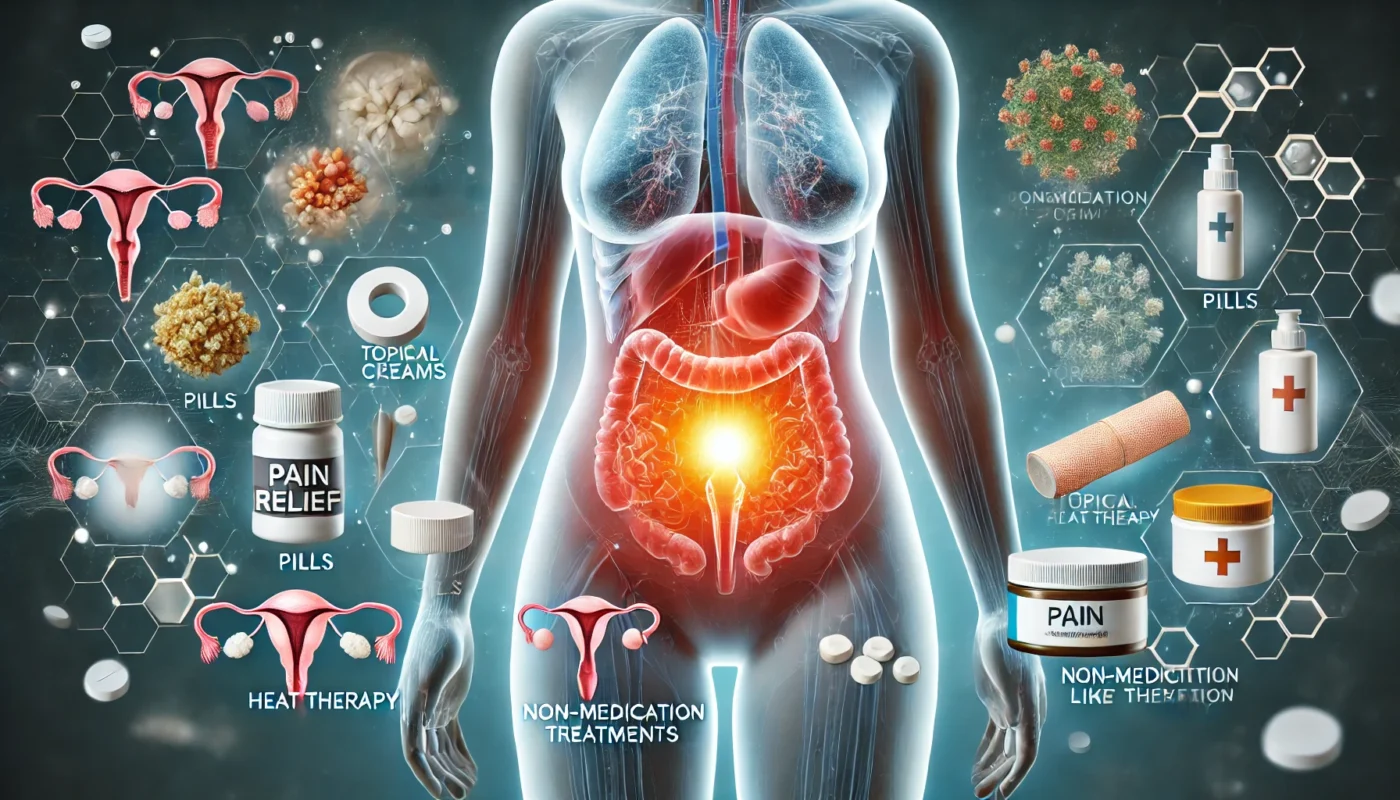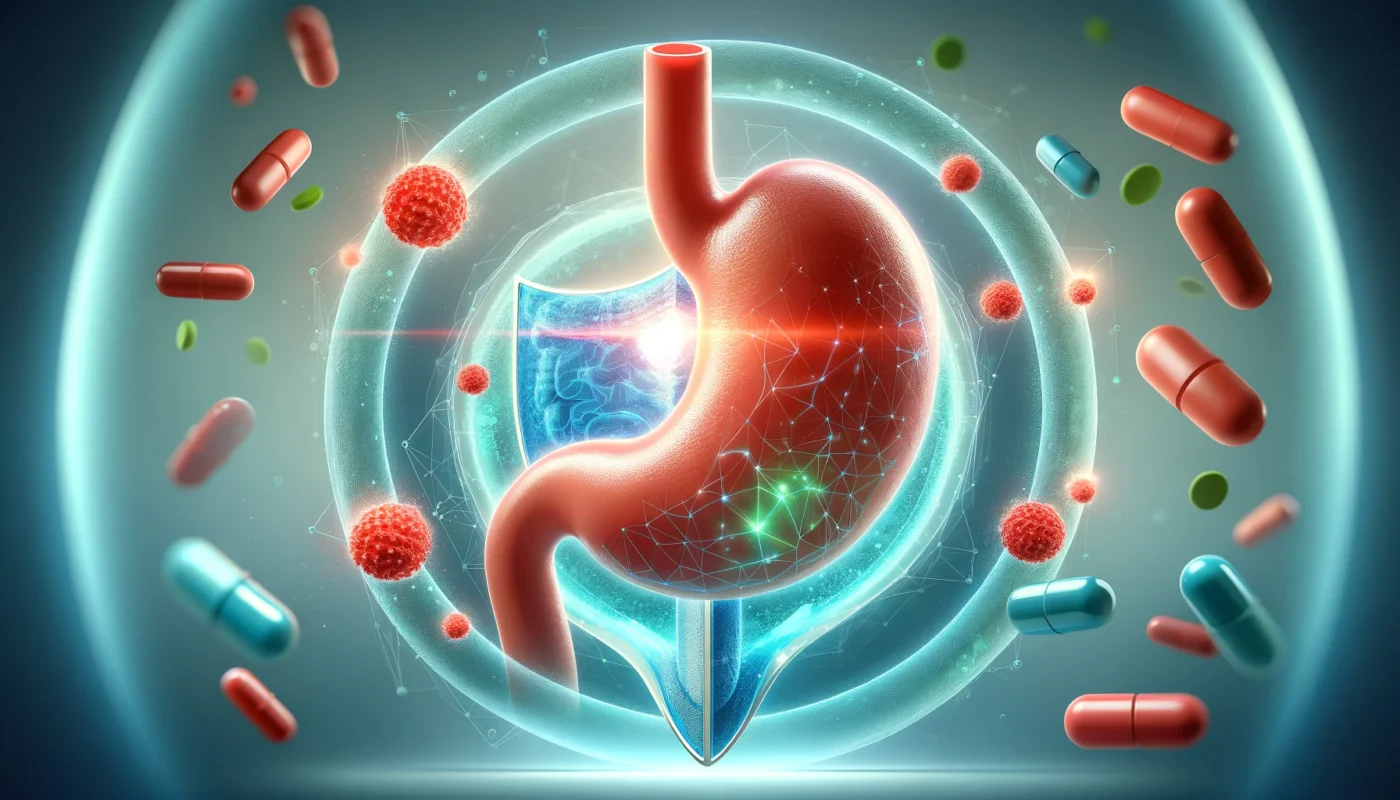Oxycodone is a semi-synthetic opioid derived from thebaine, an alkaloid found in the opium poppy. It is commonly used to treat pain that is not responsive to less potent analgesics. As a central nervous system depressant, it alters the way the brain and nervous system respond to pain, providing relief for individuals experiencing significant discomfort.
Tag Archives: alternative therapies
Undergoing a hysterectomy is a significant medical procedure that can bring about both physical and emotional changes. Among the most immediate concerns post-surgery is managing pain effectively. It is crucial to understand the various pain relief options available to ensure a smooth recovery process. This article delves into the different approaches to pain control after a hysterectomy, encompassing both traditional and alternative methods.
In this expanded article, we’ll delve into the importance of choosing the right medications, explore various over-the-counter options, and provide insights into how these medicines can support a holistic approach to health.
Morphine is a powerful analgesic used primarily in the treatment of severe pain. Derived from the opium poppy, Papaver somniferum, it belongs to a class of drugs known as opioids. Opioids are substances that act on opioid receptors in the brain to produce morphine-like effects, primarily pain relief.
Pain medications, or analgesics, are a diverse group of drugs used to relieve pain. They range from over-the-counter options to prescription medications, each with its own mechanism of action, efficacy, and side effect profile. Understanding how these medications work and their potential impact on the body is crucial for effective pain management.
In this article, we’ll delve into the essentials of administering intramuscular pain medications, discussing their benefits, potential risks, and step-by-step instructions to ensure safety and efficacy. We’ll also explore holistic strategies that can complement medical treatments, providing a comprehensive approach to pain management.
NSAIDs are a class of medications that reduce pain, decrease fever, prevent blood clots, and, in higher doses, decrease inflammation. They’re widely used for conditions such as arthritis, headaches, and menstrual cramps. Popular NSAIDs include ibuprofen (Advil, Motrin), naproxen (Aleve), and aspirin.
Neuropathic pain is a chronic condition arising from damage to the nerves. This type of pain is notoriously difficult to treat with conventional medicine, often requiring a holistic approach. Symptoms can include burning sensations, tingling, numbness, and sharp, shooting pains, which significantly impact quality of life.
Before exploring holistic approaches, it’s essential to understand what arthritis entails. Two common types are osteoarthritis (OA) and rheumatoid arthritis (RA). OA is a degenerative joint disease, while RA is an autoimmune disorder where the body’s immune system attacks its joints.
Inflammation is the body’s natural response to injury or infection. It is a crucial part of the immune response, essential for healing and fighting off pathogens. When the body senses harmful stimuli, such as pathogens, damaged cells, or irritants, it triggers an inflammatory response to protect itself.










